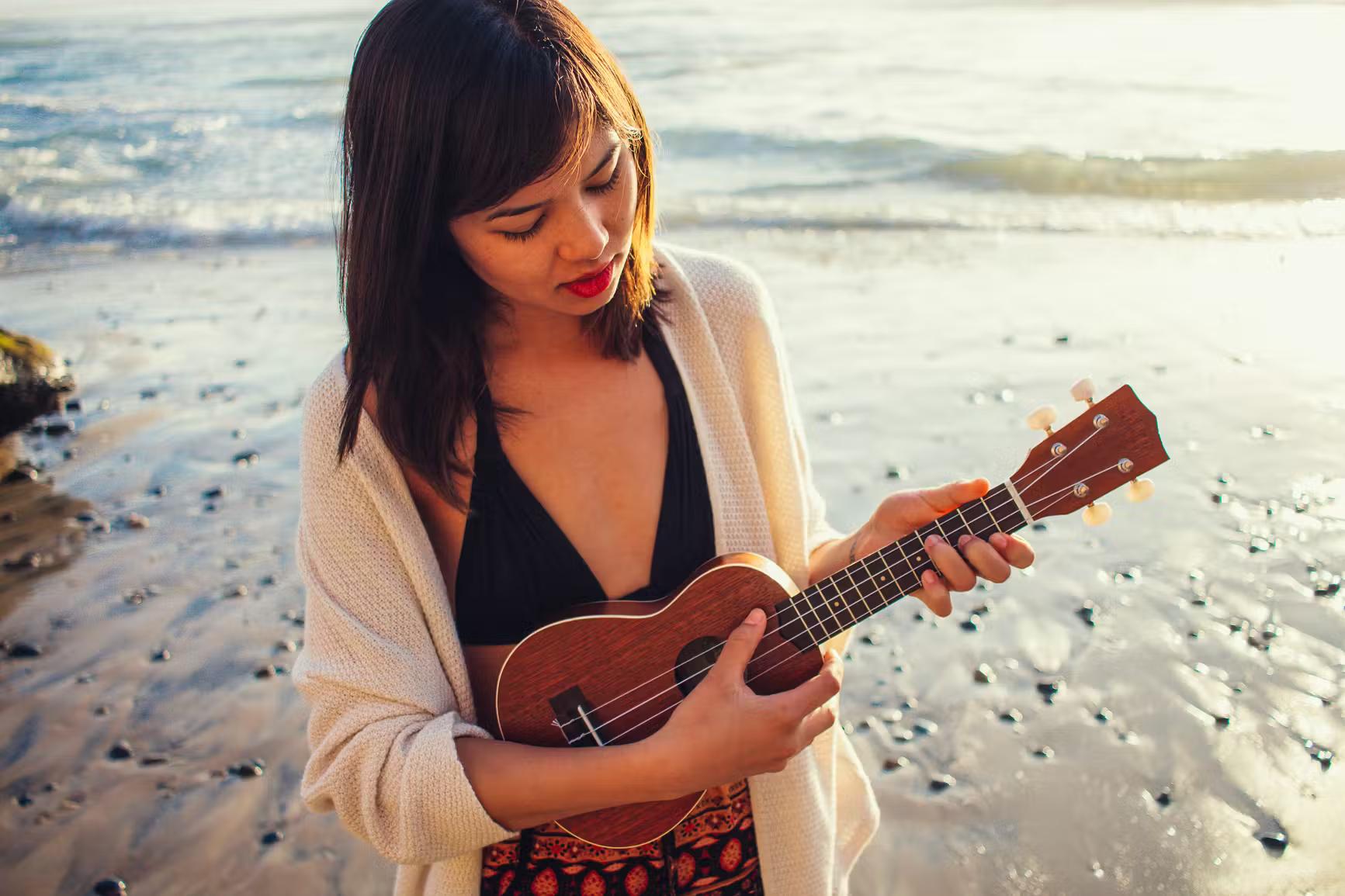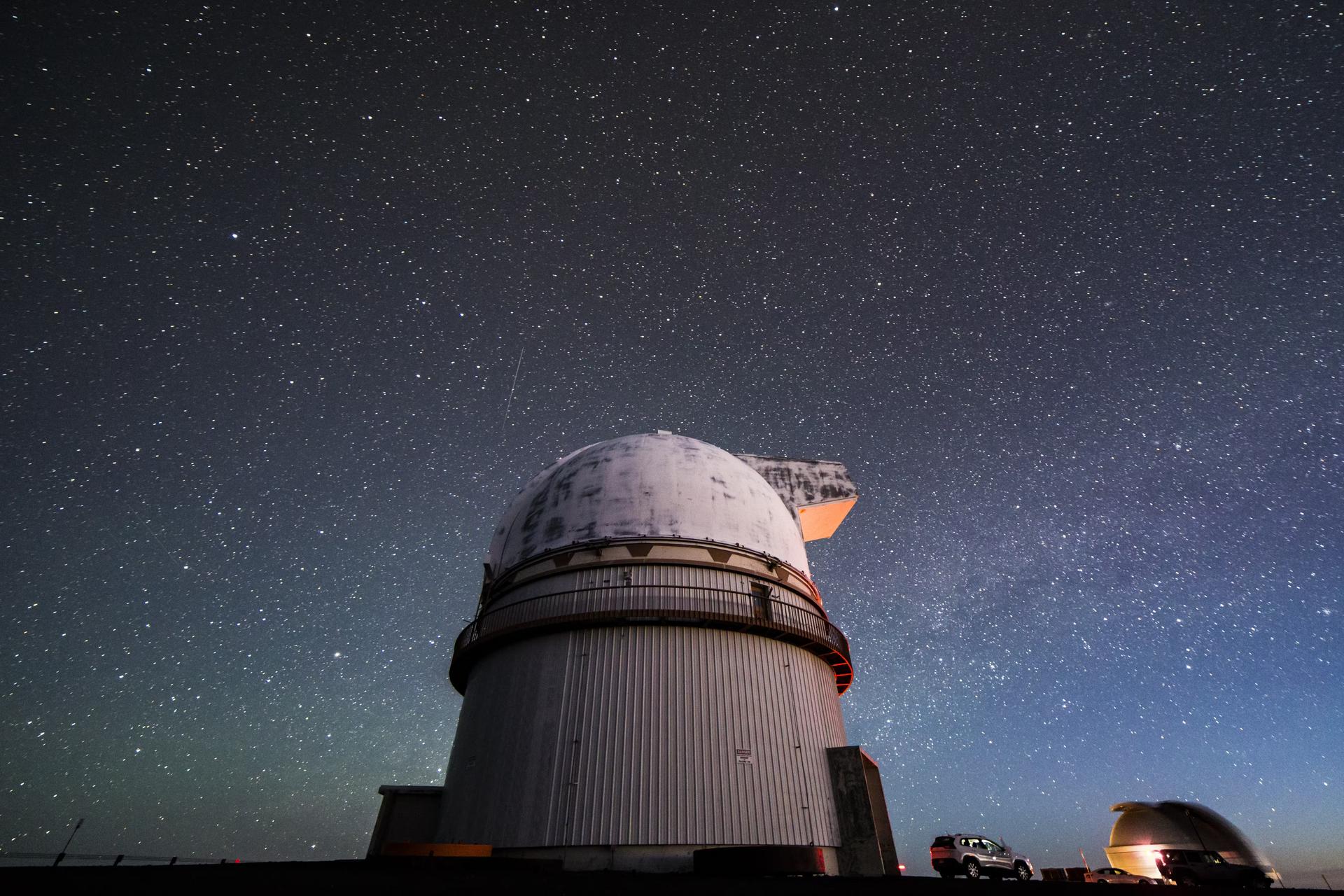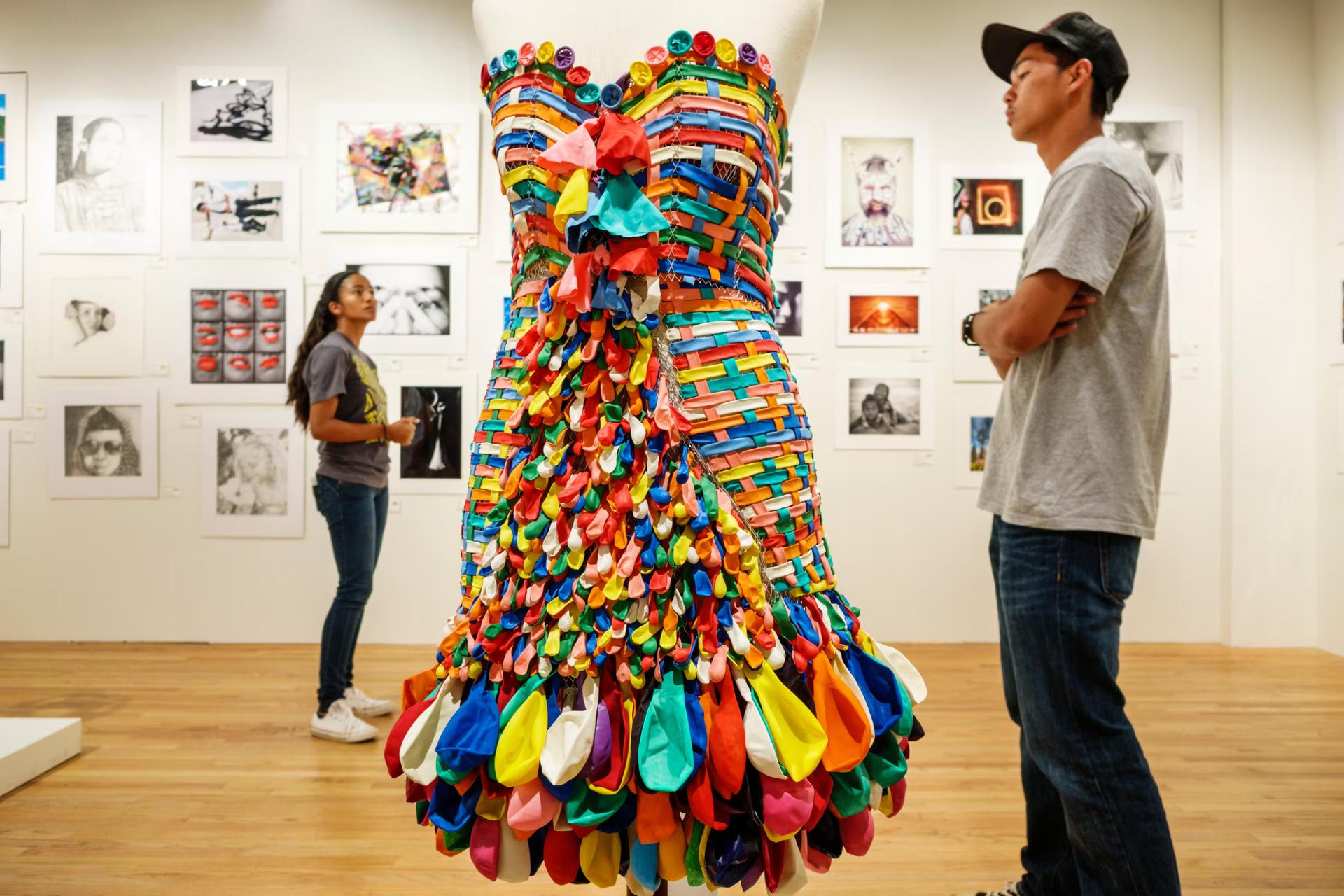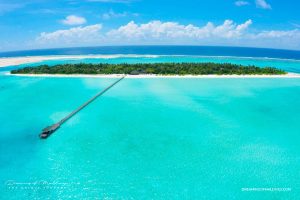
As one of the most isolated inhabited archipelagos on the planet – more than 2000 miles to the closest mainland in either direction – it’s rarely cheap to get to Hawaii, let alone to check off must-do bucket-list items across the state. But in the land of aloha, free attractions, activities and events abound if you know where to look.
You’ve figured out which Hawaiian island is right for you and when to go, so now, check out the best free things to do in Hawaii and tips for saving cash on fabulous sights and experiences during your trip.
Explore the planet’s most surprising adventures with our weekly newsletter delivered to your inbox.
1. Sunbathe at Pohoiki, the world’s newest natural beach
When Kilauea Volcano’s Fissure 8 opened in May 2018 and started pouring lava into neighborhoods on the Big Island, it was the state’s most destructive volcanic event in recent history. But with destruction comes creation, and the eruption’s silver lining was undoubtedly the black-sand Pohoiki Beach, which literally burst onto the scene at Isaac Hale Beach Park when molten lava hit the ocean and shattered instantly into sand. It’s the world’s newest natural beach, and its glistening, palm-fringed black curve is stunning.
 Find free ukulele lessons all over Hawaii © Paff / Stocksy United
Find free ukulele lessons all over Hawaii © Paff / Stocksy United
2. Take a free ukulele lesson
Though the ukulele’s origins are actually Portuguese – its precursor was brought by immigrant workers to Hawaii’s sugar plantations in the 19th century – there’s no denying the instrument’s importance on the island.
Beginners can take free classes on Oʻahu, at the Ukulele Store at the Waikiki Beach Walk; on Maui, at Lahaina Cannery Mall; and during the weekly kanikapila (jam session) on the Big Island of Hawaiʻi, at Kaloko-Honokohau National Historical Park’s visitor center.
3. Go whale watching without leaving dry land
Each year between November and March, some 20,000 humpback whales arrive from cold Alaskan waters to mate and give birth. Great free vantage points for regular whale shows include atop the mile-long trail toward the 1909 Makapuʻu Point Lighthouse on Oʻahu; at Puʻu Olaʻi Beach and the 360ft-tall cinder cone in Makena State Park on Maui; and from the free-to-enter Puʻukohola Heiau National Historic Site on Hawaiʻi.
4. See a cliff-diving ceremony at Pu’u Keka’a
Though Ka‘anapali’s 30ft-high Pu’u Keka’a promontory was historically believed to be a ka leina a ka ‘uhane, or a place of transition from this world to the next, 18th-century Maui chief Kahekili proved it was also a great place to cliff jump.
Today the site – primarily known as Black Rock – fronts the Sheraton Maui, and each evening at sunset, the hotel hosts a ceremony in which a runner scales the cliff to the sounds of an oli (chant), lights torches along the path and then gracefully dives into the sea.
 See the heavens from the observatories at the summit of Maunakea © Alexander Caspari / Shutterstock
See the heavens from the observatories at the summit of Maunakea © Alexander Caspari / Shutterstock
5. Go stargazing and see silverswords at Maunakea
Hawaii is one of the best places in the world to stargaze, and perhaps no spot is better than the summit of Maunakea, home to a collective of 12 international observatories. You don’t need ultra-strong telescopes to see spectacular night skies – the views from the 9200ft-high visitor information station are plenty impressive.
(And locals consider the summit sacred, so you’re better off sticking with lower latitudes anyway.) We recommend going with one of the tour companies approved by the visitor information station itself, especially if planning a nighttime ascent. Free presentations explore the cultural significance of the sacred mountain to the Hawaiian people, and a short loop hike takes you to see the spiky, endemic and endangered Maunakea silversword plants.
Planning Tip: Keep an eye out for occasional after-hours events, when astronomy enthusiasts from the community set up powerful telescopes on the cement pad in front of the visitor center.
6. Explore marine areas on Maui and the Big Island
Few can visit Papahānaumokuākea Marine National Monument, the largest marine-protected area on the planet, spanning nearly 140,000 sq miles of ocean around the uninhabited northwestern Hawaiian Islands. But you can visit it in spirit at its Mokupapapa Discovery Center, housed in an old two-story bank in downtown Hilo. Watch videos, learn about plastic pollution, explore a small library and see fish – including a new species discovered in 2016 – in the 3500-gallon aquarium.
7. Travel back in time at Lapakahi State Historical Park
Wander along a 1-mile path through the rubble of a 600-year-old fishing village. See residential foundations, recreations of old canoe houses, fishing shrines, salt vats and seaside stumps where you can still play kōnane, a two-player game some call Hawaiian checkers.
Planning Tip: Don’t forget to grab a brochure at the trailhead that explains the sites.
8. Tour a macadamia-nut factory on the Big Island
Hawaii Island grows 90% of the state’s crop, and there are so many macadamia nut companies that a tourism brochure touts stops on the Great Hawaiian Mac Nut Trail. Take a free self-guided tour of one of the largest, Mauna Loa, just outside Hilo. There you can see sprawling orchards, learn how to shell the tough-to-crack nuts and tour the onsite chocolate factory before getting your fill of free samples.
9. Go hunting for petroglyphs on Hawaiʻi
Spot ki’i pohaku (petroglyphs) depicting people, animals, ships and even muskets along the boardwalk in the free-to-enter Kaloko-Honokohau National Historical Park, a former traditional village. Further north, in Waikoloa, an even more massive array of carvings can be found. Waikoloa Petroglyph Park is easy to access, and Puako Petroglyph Preserve has another 3000 carvings.
 See art for free across the Hawaiian archipelago © Alamy
See art for free across the Hawaiian archipelago © Alamy
10. See art across the archipelago
Honolulu’s Kaka’ako neighborhood is peppered with an array of always-free-to-see street art. The excellent Honolulu Museum of Art has monthly free days, often with themed events and activities for the whole family.
11. Take a stroll through the lava trees
Lava swept through a native ohia forest in 1790, pooling at the base of trees before igniting them, leaving behind stony stumps. At Lava Tree State Monument, you can take an easy 0.6-mile path through the forests’ modern iteration to see lush jungle growing over the older tree mold casts.
12. Visit the Kukaniloko birthing stones in Oʻahu
South of the sprawling Dole pineapple plantation, in the heart of an unassuming dusty red field in central Oʻahu, a significant archeological site features 180 lava-rock stones, atop which Hawaiian royal women gave birth for seven centuries.
Their name, Kukaniloko, means “to anchor the cry from within,” and from them, it’s possible to make out the form of a reclining pregnant woman in the profile of the westerly Waianae Mountains.
13. Learn about coffee in a less-expected location
Hawaii is one of just two US states to commercially grow coffee (California being the other). Kona, on the west side of the Big Island, is undoubtedly its best-known growing region. More than 600 farms grow Kona coffee, and dozens offer free tours and tastings.
More interesting, perhaps, are the growers elsewhere in the state, trying to make unique blends with their own terroir. The Kaʻu Coffee Mill, in a district south of Kona, has excellent farm and factory tours as well as tastings. On Oʻahu, Waialua Estate specializes in small-batch crops of coffee and chocolate; it’s a working farm and doesn’t allow visits, but you can sample the wares at Island X Hawaii, right by the former sugar mill. Ask the owners for a quick tour to learn about the milling process.
The huge Kauai Coffee Company has more than four million trees – comprising 60% of the state’s entire crop – and complimentary walking tours of its grounds. Before or after your stroll, stop by the visitors center, where you can taste every single variety the estate has to offer.



